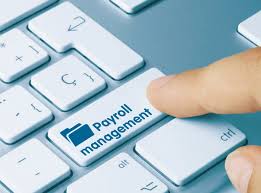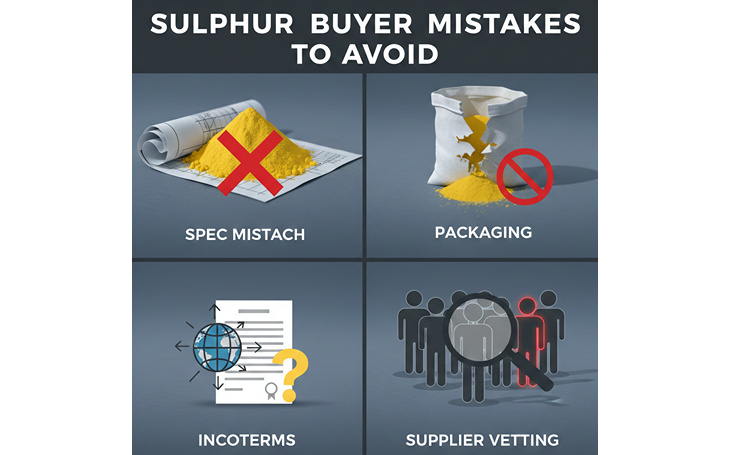Cloud-Based Payroll Management: Unlocking Efficiency
In today's fast-paced business environment, organizations are always seeking ways to streamline their operations and maximize efficiency. Payroll management is an area where precision is essential. Traditionally, managing payroll has been a labour intensive and time-consuming process, fraught with the risk of errors and compliance issues. However, with the advent of cloud-based payroll management systems, businesses now have access to powerful tools that can simplify and automate their payroll processes while also providing a host of other benefits. In this blog post, we'll explore the advantages of cloud-based payroll management systems and how Gsinfotechvis can help businesses harness their full potential.
Accessibility and Flexibility
One of the key benefits of cloud-based payroll management systems is their accessibility and flexibility. Unlike traditional on-premise systems, which require businesses to install and maintain software on their servers, cloud-based systems are hosted on remote servers and accessed via the Internet. This means that users can access the system from anywhere with an internet connection, using any device, at any time.
This level of accessibility and flexibility is particularly beneficial for businesses with remote or distributed workforces, as well as for those with employees who work outside of traditional office hours. With a cloud-based payroll management system, employees can easily access their payroll information, submit time-off requests, and view pay stubs from anywhere, at any time, making it easier for businesses to accommodate the needs of their workforce.
Scalability and Cost-Effectiveness
Cloud-based payroll management systems offer significant advantages in terms of scalability and cost-effectiveness. Unlike traditional on-premise systems, businesses do not need to invest in expensive hardware and software licenses upfront. Additionally, they can avoid the ongoing costs of maintenance, upgrades, and support, which can be a significant financial burden over time. By using cloud-based systems, businesses can save money and scale their payroll management needs as their company grows.
In contrast, cloud-based payroll management systems operate on a subscription-based model, where businesses pay a monthly or annual fee based on their usage. This means that businesses can scale their payroll operations up or down as needed without having to make significant upfront investments or incur unnecessary costs. Additionally, because the system is hosted and maintained by the provider, businesses can eliminate the need for costly IT infrastructure and support, further reducing their total cost of ownership.
Automation and Efficiency
One of the most significant benefits of cloud-based payroll management systems is their ability to automate and streamline the payroll process. With built-in automation features such as time tracking, tax calculations, and direct deposit, businesses can drastically reduce the time and effort required to process payroll while also minimizing the risk of errors and compliance issues.
For example, instead of manually inputting employee hours and calculating taxes, a cloud-based payroll management system can automatically pull in time data from integrated time-tracking software, apply the appropriate tax rates based on location and employee information, and generate accurate pay checks or direct deposits—all with minimal manual intervention.
This automation not only saves businesses time and resources but also ensures greater accuracy and compliance with tax laws and regulations. Additionally, by streamlining the payroll process, businesses can free up valuable resources to focus on more strategic initiatives, such as employee development and business growth.
Security and Compliance
Security and compliance are paramount when it comes to payroll management. With sensitive employee information, tax data, and financial records at stake, businesses must ensure that their payroll systems are secure and compliant with relevant regulations, such as the General Data Protection Regulation (GDPR) and the Health Insurance Portability and Accountability Act (HIPAA).
Cloud-based payroll management systems offer robust security features and compliance measures to protect sensitive data and ensure regulatory compliance. From encryption and multi-factor authentication to regular security audits and data backups, cloud-based providers employ a range of security measures to safeguard data against unauthorized access, data breaches, and other security threats.
By entrusting their payroll data to a reputable cloud-based provider like Gsinfotechvis, businesses can rest assured that their data is secure and compliant, allowing them to focus on their core business activities with confidence.
Integration and Customization
Cloud-based payroll management systems offer greater integration and customization capabilities than traditional on-premise systems. They come with built-in APIs and integrations with other business systems such as accounting software, HRIS platforms, and time-tracking tools. This allows businesses to easily sync payroll data across their organization without the need for manual data entry and reconciliation. As a result, companies can save time and money while reducing the risk of errors.
Additionally, cloud-based payroll management systems often offer a range of customization options, allowing businesses to tailor the system to their unique needs and preferences. Whether it's configuring payroll schedules, setting up custom pay types, or generating ad-hoc reports, businesses can customize the system to meet their specific requirements, ensuring greater flexibility and efficiency in their payroll operations.





